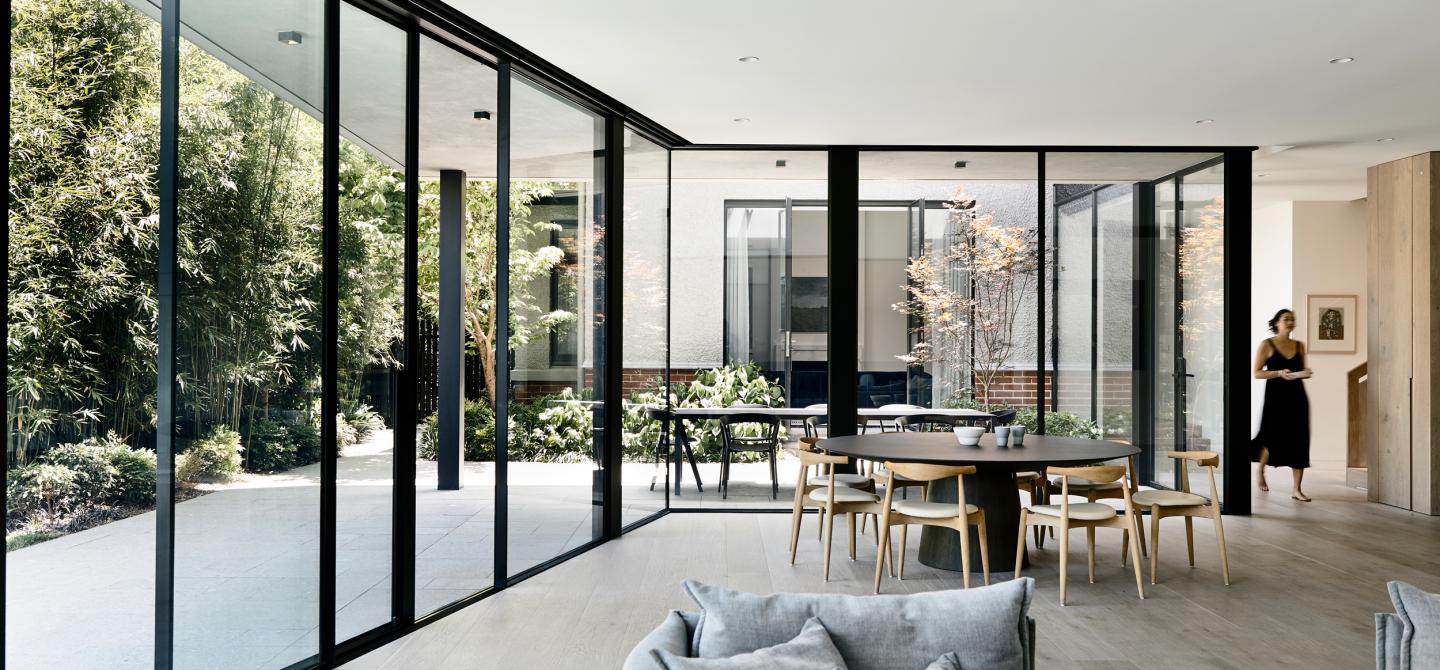What is happening in the real estate market in the autumn of 2023?
Lii Salusaar: "If we're to be completely honest, I don't think there has been a single day in the last couple of months when I haven't been asked - what is really happening in the real estate market? Is there a standstill or even a decline?"

Continues LUXUM’s certified real estate agent Lii Salusaar:
There is still a lot of uncertainty about the future – how high will Euribor rise? Will jobs be preserved? In which direction are conflicts evolving? All of this doesn’t positively affect the overall mood, and not just in the real estate market.
But, regardless of the surrounding circumstances, the real estate market doesn’t come to a complete standstill. Purchasing principles may change somewhat, but in general, the need for a home remains the same.
People are buying only what they need
Transactions are very need-based – if the current residence becomes either too small or too large, people look for a new and suitable one. Children are born, older ones move out, couples move in together, others… separate. The need for homes is constantly changing regardless of what is happening in the surrounding world.
A-class energy houses and apartments are valued – energy efficiency and low maintenance costs are significant arguments for both more expensive and more affordable real estate.
Those looking for ‘gems’ haven’t disappeared from the market. These are larger penthouses in coastal areas; the Old Town, which has regained attention, and Kadriorg, which remains a hot area. In addition, ‘gems’ also include larger seaside properties in Pirita, Viimsi, and Kakumäe. In short, everything that is scarce and not increasing.
Borrowing for the purchase of an investment apartment has dwindled. The movement of Euribor is unclear, and the risks are high. Loud small investors who encouraged leveraging are now quiet.
The price of second-hand market apartments is decreasing more
Are the prices of new apartments dropping? Probably not. As long as construction costs do not decrease significantly and the unemployment rate does not rise significantly, prices are unlikely to fall. In addition, developers have taken a new direction and prefer to rent out unsold apartments.
Corrections are more likely to occur in the second-hand market, especially for owners who need a quick transaction. For high-quality properties where sellers are not under time pressure, there is virtually no room for negotiation.
Be thoughtful, set aside emotions
Just like at any time, it is advisable to make thoughtful and considered decisions now. Some compare the current situation to the crisis in 2008. I must admit that there are some similarities, but there are also many differences.
During the previous crisis, a large part of real estate was purchased with loans, and at the same time, the amount of savings was almost non-existent. In contrast, in transactions made in recent years, about 50% were financed with loan money, and the amount of savings among Estonian people is higher than ever before. This, in turn, means that the change in Euribor directly does not affect nearly half of real estate buyers.
Loan conditions have been much stricter after the crisis, and all possible future prospects and risks are much more carefully considered. Additionally, people’s financial literacy has improved – some luxuries or trips might be skipped, but mortgage payments are not neglected. Therefore, a loan crisis like the one in the last decade is not expected now.
In summary, the current situation is ‘wait-and-see’ – people are observing and evaluating, and if a suitable home is on the horizon, decisions are made.


